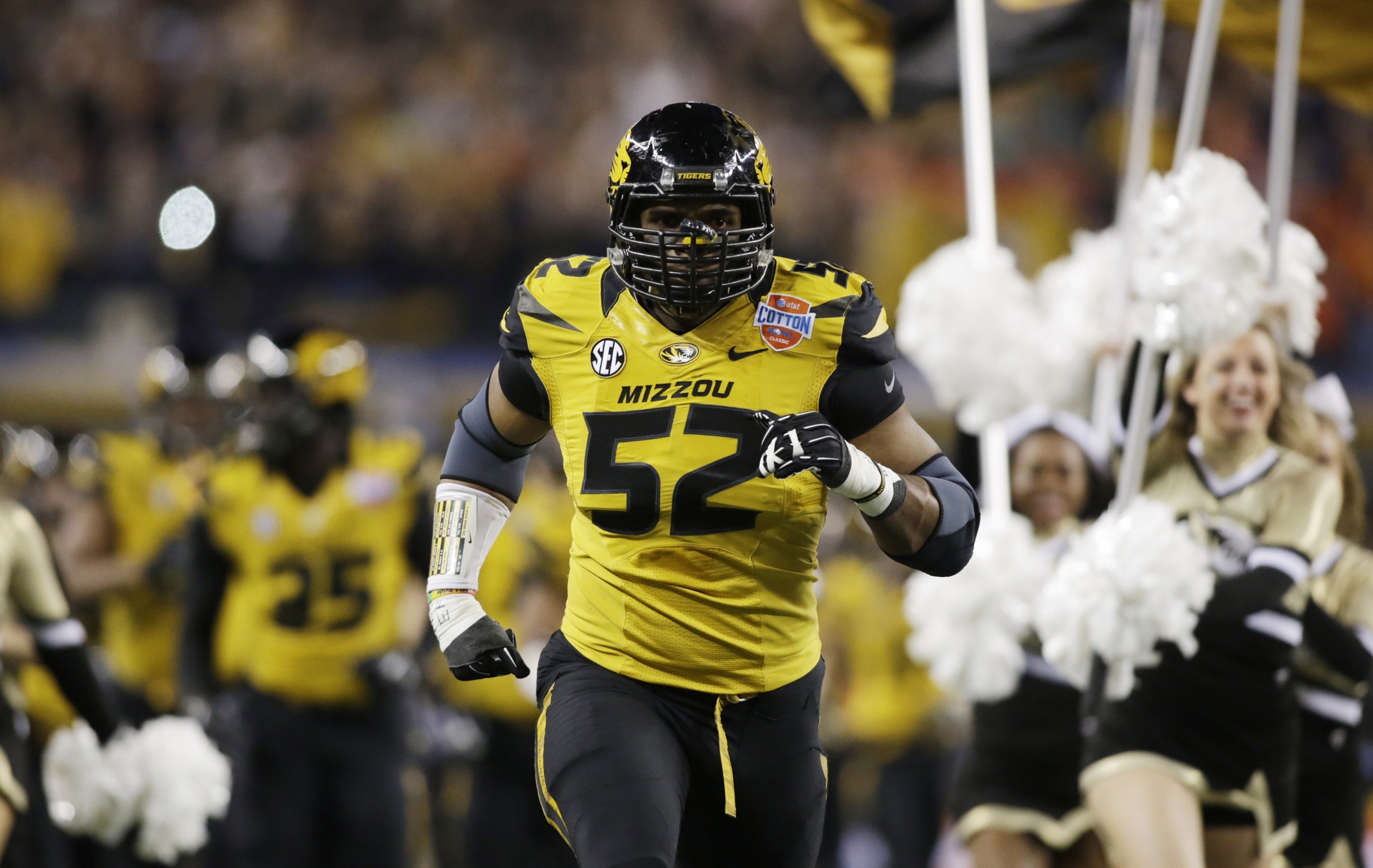
Michael Sam's coming out was a well-orchestrated media strategy that allowed him to come out on his own terms. Sam granted interviews to multiple outlets, but the news was broken Sunday night on ESPN television and in print at the New York Times. Sam became the first openly gay NFL prospect the way he wanted to, which is pivotal as the politics and impact of outing someone are highly controversial.
In that regard, it's fascinating how multiple outlets respected Sam's wishes and held back on publishing what would have been the breaking news story in the year in sports thus far about the first openly gay NFL Draft prospect.
Outsports had a fantastic behind the scenes look at how Sam and his team laid out a path to his coming out. As more and more people became aware of Sam wanting to come out both in the media world and in the NFL, Sam's announcement was pushed forward. Originally slated for after the combine in late February, Sam, his agent, and supporters moved the announcement to Monday, February 10th. But then as more outlets knew what was coming and word began to spread over the weekend, the decision was made to have Sam's interviews with ESPN and the Times published Sunday night as the group feared his coming out wouldn't be able to be contained.
These are the list of publishers mentioned by Outsports that inquired about Sam's coming out in addition to ESPN and the Times.
– The Columbia Missourian, published by the university's journalism school.
-Sports Illustrated
-CNN
-Buzzfeed
-Fox Sports
-Bleacher Report
That's a pretty large list of outlets that were aware of Sam's coming out. And yet none of them broke the news ahead of Sam himself. So why did none of them publish what would have been a huge exclusive?
Cyd Zeigler of Outsports reckons it's in part because of the backlash against Grantland and Caleb Hannan for their controversial outing of Dr. Essay Anne Vanderbilt.
"While it was a decent chance before Saturday that the story would get leaked publicly, there was suddenly zero percent chance the story would hold until Monday afternoon. Someone would break the news early even if they didn't have the story. The only thing I felt holding back other media outlets was the firestorm of venom thrown at ESPN and Grantland three weeks earlier for outing a trans woman. If it hadn't been for the reaction to that story, someone would have already jumped the gun."
In Hannan's Grantland story about golf club technology, he outed Vanderbilt as transgender and her tragic suicide became merely the epilogue to his longform journalism. After initially being praised by the sportswriting intelligentsia, both Hannan and Grantland came under immense fire for outing Vanderbilt and placing her value as a person behind the story.
Were it not for the story of Dr. V, would one of these outlets have pulled the trigger on breaking the news about Michael Sam before he was able to come out himself? It's impossible to know exactly without being in those meeting rooms, but it must have played some role. Regardless, these outlets should be given credit for realizing that Sam doing this on his terms and making history was more important than any scoop. Zeigler puts it best on why Sam telling his own story was such a crucial element.
"For Sam and his team, the most important element to the entire process has been protecting Sam's ability to tell his story himself first. It was that core tenet that dictated the decisions of where, when and how to break the story: Sam, not a reporter looking for some pageviews, had to tell his story on his terms."
Hopefully the way Michael Sam was able to tell his own story can be a template for the future and a reminder that getting the story isn't always the most important thing.



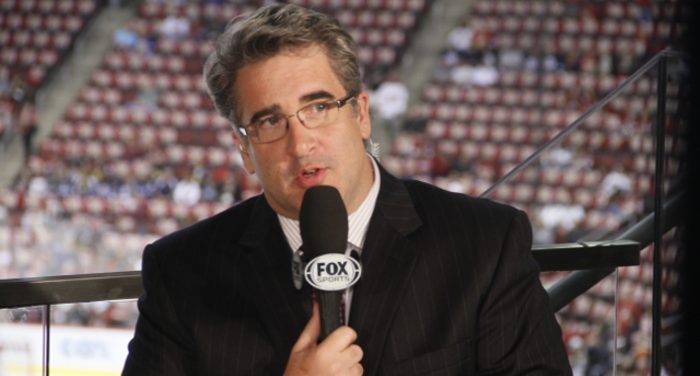
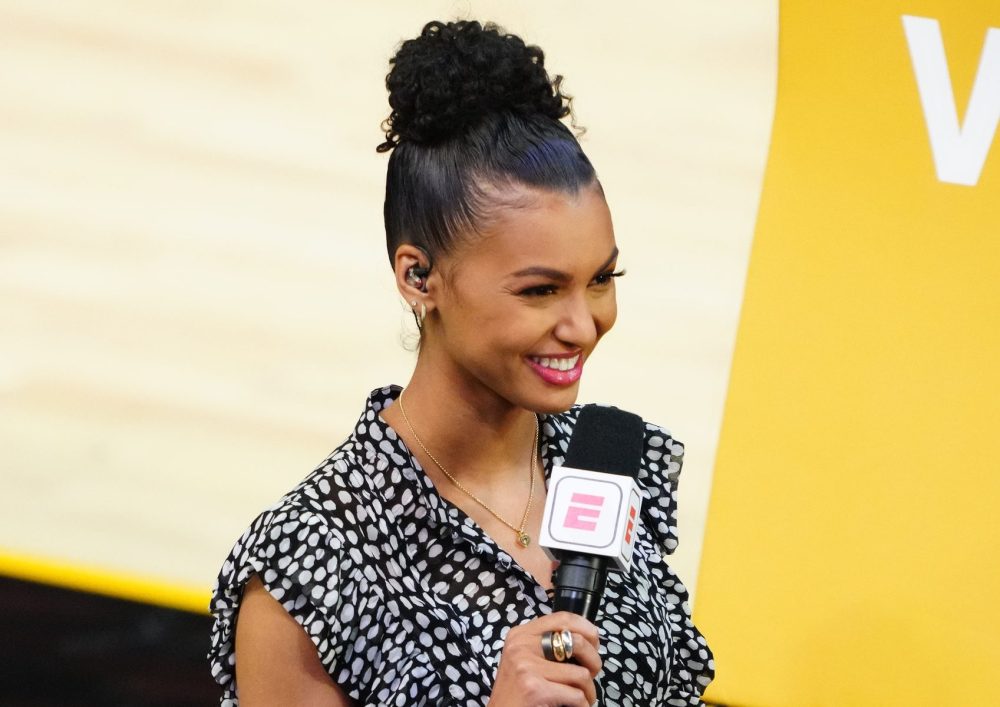
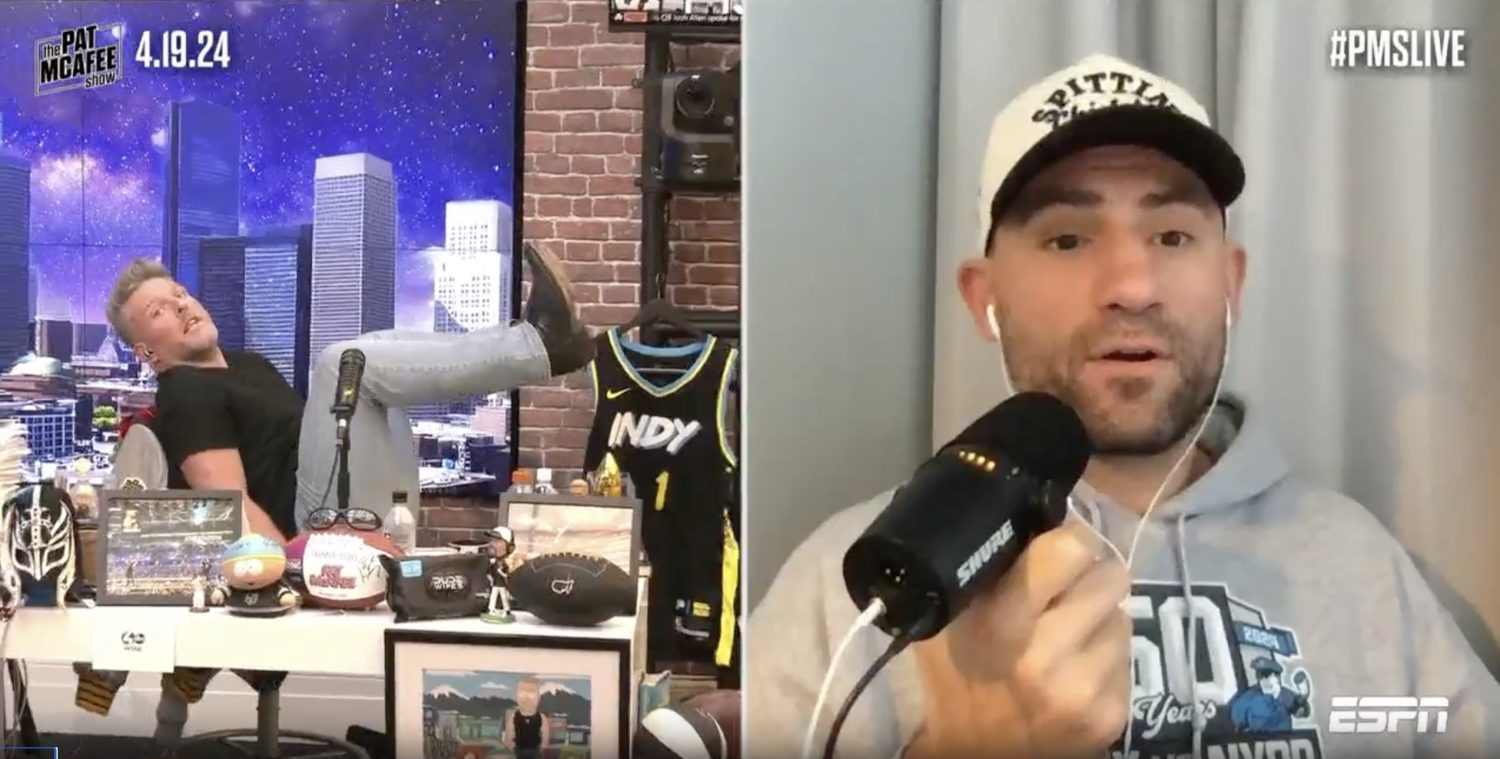
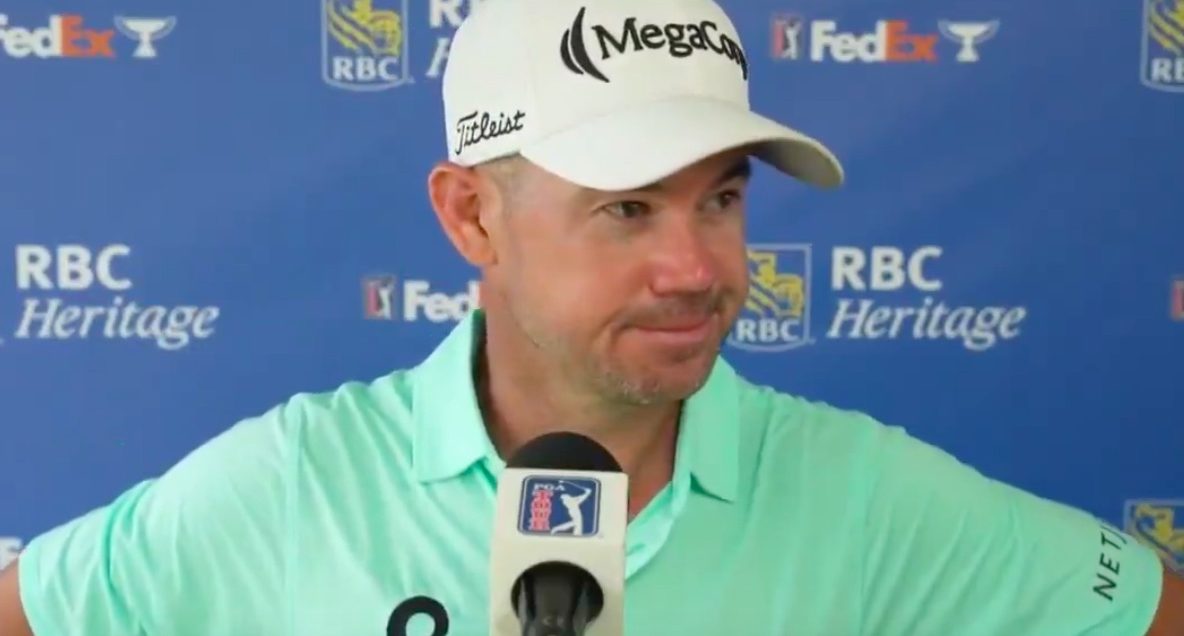
Comments are closed.